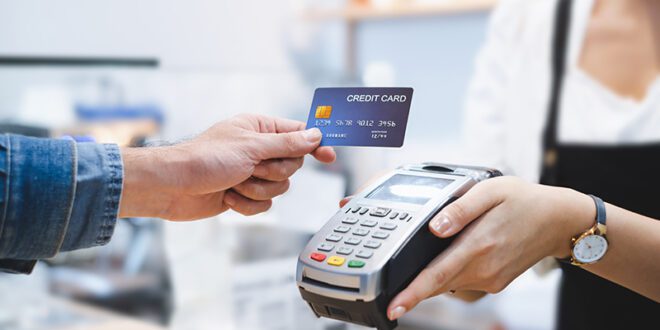As the election approaches, many franchise owners may notice a dip in sales. Don’t worry—this slowdown is likely temporary. Many consumers hesitate to spend on non-essentials like travel, gym memberships, beauty services, home upgrades, cars, and other discretionary items. According to The New York Times, this hesitation stems from pre-election uncertainty and economic worries.
Data from Ipsos, a global market research company, supports this trend. Their recent report shows that consumer confidence typically slows around election periods. This year, due to high interest in the election, the effect could be even stronger. According to the Ipsos Consumer Tracker, 47% of Americans are spending less, and many are also opting to save more.
Why Consumers Are Pulling Back
When people feel uncertain, they tend to hold onto resources, similar to stockpiling during the pandemic. Right now, they’re hanging onto cash, with many choosing small, comforting treats instead of big purchases. Kelly Goldsmith, a marketing professor at Vanderbilt University, noted that small splurges, like an $8 coffee, can give people a sense of control amid larger uncertainties.
Positive Signs in the Economy
Although consumers are cautious, there’s still good news. Recent data from the U.S. Census Bureau shows retail sales held steady, with a 2.3% increase over last year’s September numbers. Plus, inflation is falling, employment rates are stable, and interest rates have recently dipped, offering some hope for steady economic recovery.
Real Estate, Cars, and Taxes
Consumers might delay big purchases like homes, waiting to see if the election outcome will bring potential benefits. For example, some first-time buyers hope for down-payment assistance if Harris wins, while others anticipate potential tax cuts under a Trump administration. Interest rates also remain a focal point, as lower rates could improve affordability for mortgages, credit cards, and car loans.
In the auto market, the uncertainty has already impacted sales. Cox Automotive’s Chief Economist Jonathan Smoke observed that “uncertainty is the enemy,” hurting both sales and consumer confidence. Similarly, the real estate market is seeing buyers and sellers adopt a wait-and-see approach.
The Post-Election Rebound
Franchise owners can expect a spending increase after the election, as history shows spending typically rebounds once the vote is over. An analysis of 20 years of housing data across Los Angeles, Manhattan, and Miami found that sales tend to dip in election years and bounce back the following year. Jonathan J. Miller, a real estate appraiser, notes that “Election Day is the pivot point,” with sales often picking up right afterward.
While large purchases like cars and houses may see the biggest impact, smaller franchise items—like pet services, beauty treatments, or home improvements—might also face temporary delays. However, franchise owners should stay positive; the pattern of election-linked spending slowdowns and rebounds is well-documented. This temporary pause will soon pass, and spending is expected to rise after Election Day.
Popeyes Poised for Global Expansion: Rapid International Growth
 franchisemarket Empowering Your Franchise Journey
franchisemarket Empowering Your Franchise Journey

